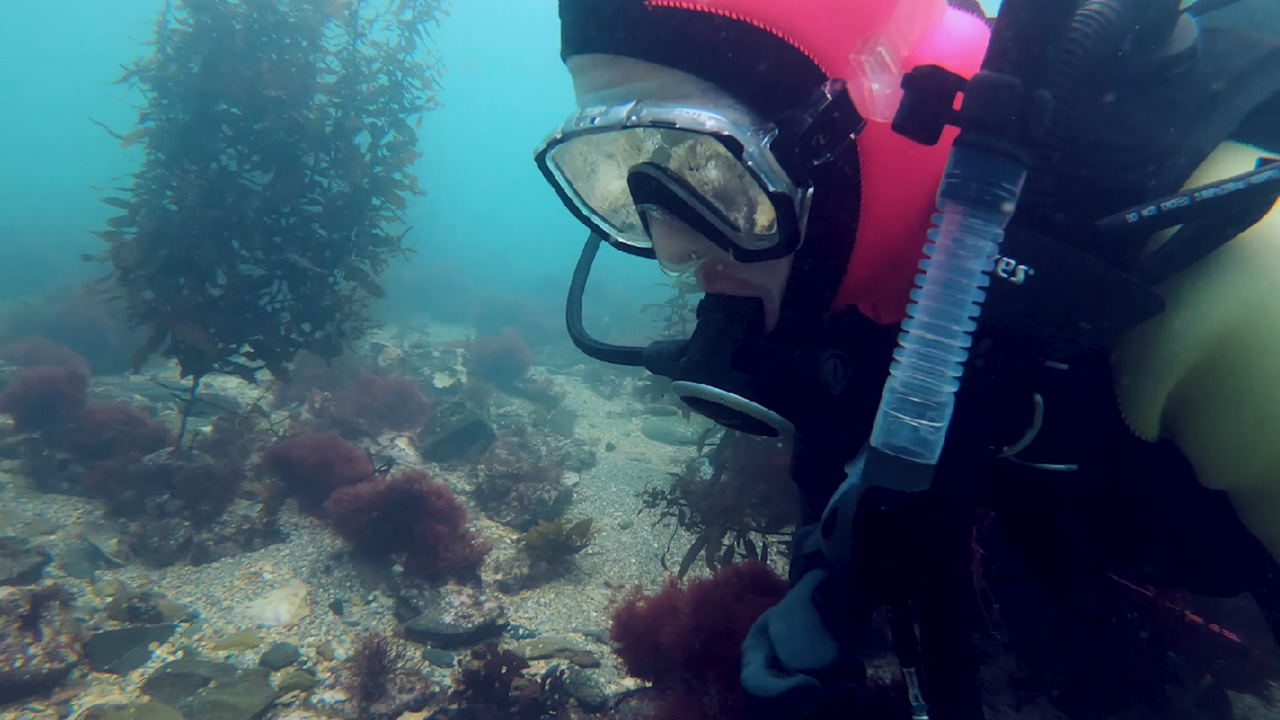 HOME > Research & Faculty
HOME > Research & Faculty
Aquacultural Biology
Advanced technologies for artificial seed (juvenile) production, control of reproduction and growth in a healthy condition are necessary to achieve efficient production in bivalve aquaculture. We focus on
- signal transduction of neurohormones and sex hormones via receptor mechanisms in relation to reproduction and endocrine disruption and
- cellular and humoral defense mechanisms as an innate immune system associated with non-self recognition and elimination,
to aim at the above-mentioned goals.
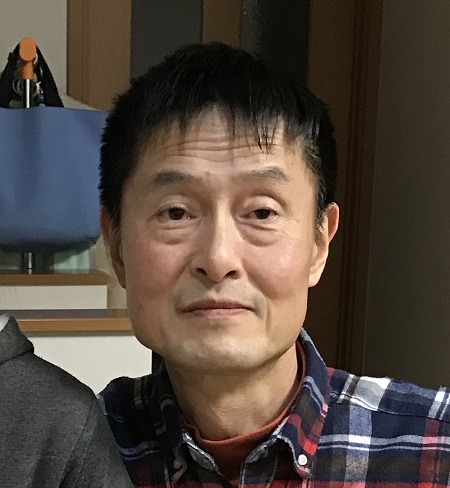
Tatsuya UNUMA
(Professor)
Research interests:
▸ Reproductive and nutritional physiology of sea urchins and other marine invertebrates
▸ Technology development to control maturation in aquaculture target species
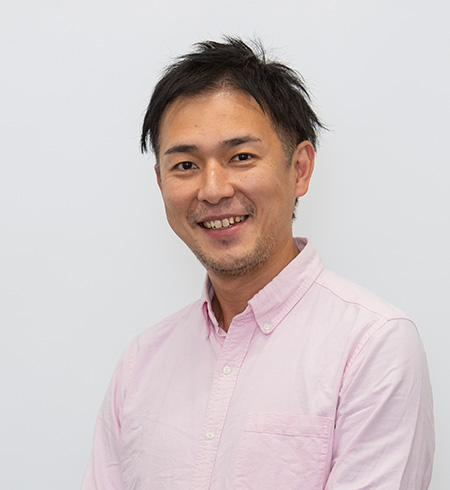
Kazue NAGASAWA
(Associate Professor)
Research interests:
▸ gonad development in bivalves
▸ germ cells in bivalves
▸ pluripotent stem cells in bivalves
▸ neuroendocrinology in invertebrates
Fisheries Biology and Ecology
Biological production processes and population dynamics of marine bio-resources are studied in the coastal waters, estuarine and tidal flat areas.
- Analysis and evaluation of functioning of coastal and estuarine areas as nursery grounds for larvae and juveniles of marine organisms
- Survival processes of marine organisms in the early life stages
- Analysis and evaluation of impacts of fisheries on marine ecosystem
to aim at the above-mentioned goals.
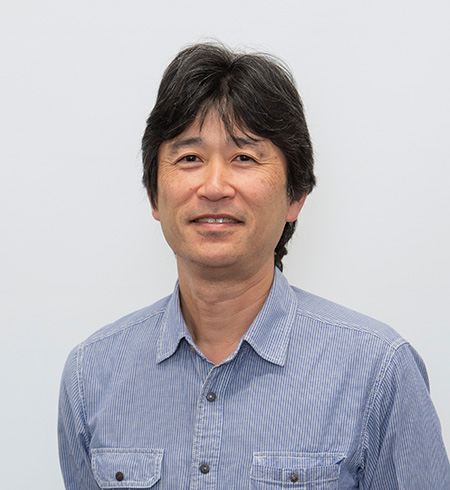
Satoshi KATAYAMA
(Professor)
Research interest:
The sea is not an inexhaustible source of food for mankind. With proper management of the marine environment and fisheries, the oceans could feed everyone who will live on the world for the next thousand years. Coastal sea bring up various organisms and provide us familiar foods. Beside that, so many fishermen live on the gift from coastal sea. I am studying the coastal fisheries biology and its relationship with environmental condition, and trying to reveal the fluctuation mechanism of coastal resources and to theorize the fisheries management for them.
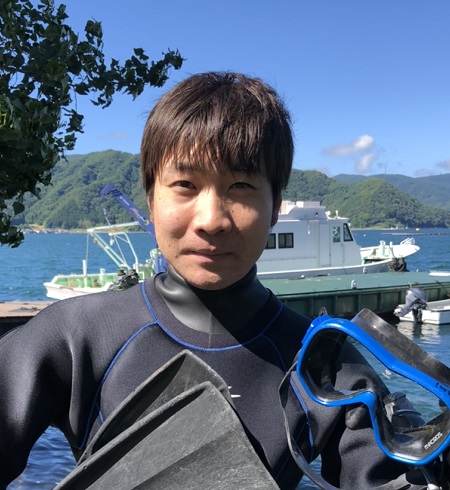
Hiroaki MURAKAMI
(Assistant Professor)
Research interest:
The study aim is to estimate the distribution and abundance, and to elucidate the ecology of fisheries species in rivers and coastal areas using environmental DNA (eDNA).
eDNA is a powerful tool for ecological study. With this method, I focus on the mechanisms of river migration of temperate seabass Lateolabrax japonicus, the estimation of biomass of jack mackerel Trachurus japonicus and fish biodiversity.
My study fields are in Kesen-Numa, Onagawa, Miyagi Pref., Matsukawaura, Fukushima Pref. and Maizuru Bay, Kyoto Pref. etc.. Through these studies, we will contribute to the conservation of ecosystems and the sustainable use of fisheries resources.
Marine Plant Ecology
In subtidal rocky communities, kelp and fucoid forests have relatively high levels of primary production, of which productivities are more than those of tropical forests. These forests also include myriad associated biota and collectively act as one of the most diverse and productive ecosystem in the world. For preservation of high productivity and sustainable fishery production in subtidal rocky communities, our studies focus on
- species interaction between benthic herbivores and marine algae,
- photosynthesis and nutrient uptake of marine algae, and
- production and population dynamics of benthic herbivores and marine algae,leading to development of marine forestation and cultivation technologies.

Masakazu AOKI
(Professor)
Research interests:
▸ plant-animal interactions in the marine benthos
▸ taxonomy and ecology of caprellid and gammarid amhipods
▸ population ecology of the kelps such as Ecklonia cava and Eisenia bicyclis
▸ ecology of epiphytic animals in Sargassum beds and on floating seaweeds
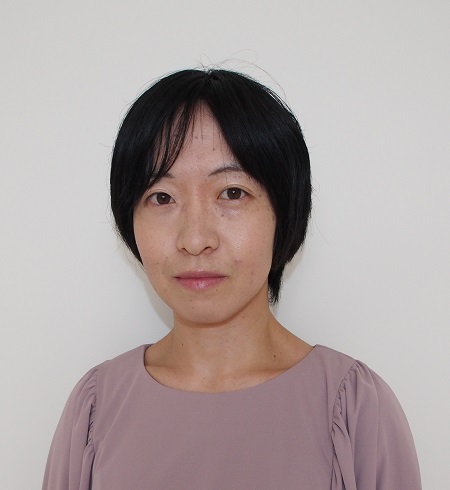
Haruka SUZUKI
(Assistant Professor)
Research interests:
▸ Ecology of kelp beds and Sargassum beds
▸ Marine algal flora
▸ Population genetics of kelps
▸ Restoration of kelp forest
Marine Biochemistry
Current researches are centered on the studies of the distribution and metabolism of various components, and the isolation and characterization of new biologically active components in various aquatic organisms. Main themes are
- enzymatic and nonenzymatic antioxidative mechanisms of lipids in aquatic organisms,
- metabolism of nonglyceride-lipids of aquatic organisms,
- distribution and metabolism of fat-soluble vitamins of aquatic organisms,
- distribution and metabolism of stereoisomer of free amino acids in aquatic organisms,
- isolation and characterization of new biologically active components in aquatic organisms, and
- nutritional requirement of aquatic organisms.
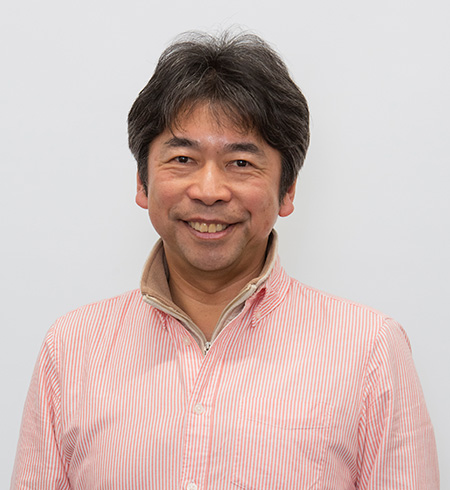
Toshiki NAKANO
(Professor)
Research interest:
His current research interests include: the biochemical responses to environmental stresses in fish, antioxidative supplements for cultured fish, nutraceutical and bioactive substances from marine organisms, biochemical and physiological features of growth hormone transgenic salmon. The primary goal of his research program is to understand the way of effective utilization of marine bioresources to make a better life.
Marine and Coastal Ecosystem Science
In Laboratory of integrative Aquatic Biology (LIAB), we concentrate on the study and education for aquatic field. The goal of our study is to establishthe integrative systems including effective utilization of ocean space and sustainable yield of aquatic organisms. We work wide range of topics as follows:
- Conservation and population genetics researches of aquatic animals and sea weedsusing DNA markers;
- Elucidating of inheritance modes of economical traits in shellfish through traditional crossing experiments and the breedings;
- Complex study of biology and environmental engineering to control and manage biological invasion through ship's ballast water.
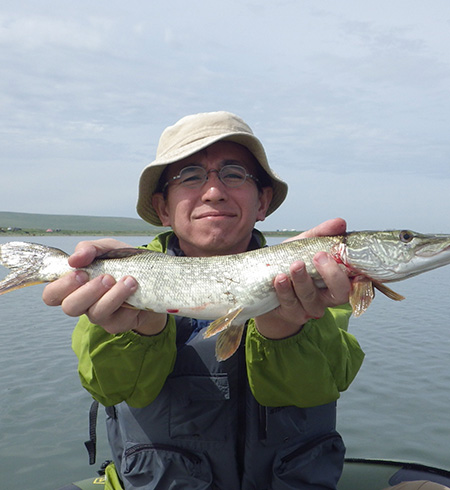
Minoru IKEDA
(Professor)
Research interest:
▸ conservation genetics and poulation structure in aquatic organisms
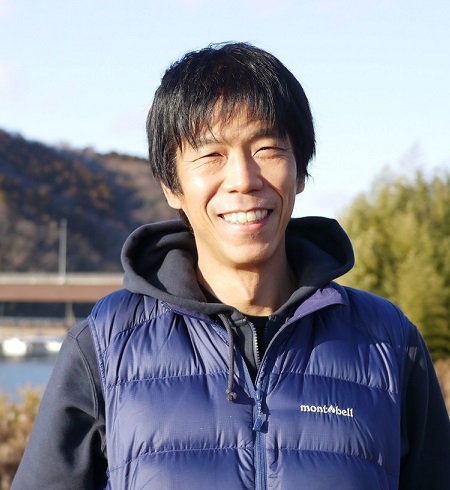
Toyonobu FUJII
(Associate Professor)
Research interest:
My research interest centres on identifying both natural and anthropogenic factors affecting changes in the distribution of marine fauna and flora across a range of spatial and temporal scales. I would like to make a significant contribution in developing a unifying multiple-stressors approach for the study of marine socio-ecological system dynamics in order to efficiently understand, predict and manage marine environments and resources.
Biological Oceanography
Plankton and other organisms in lower trophic levels are playing an important role in establishing, maintaining and altering global environment as well as sustaining production of marine ecosystems. We are studying plankton and benthos not only from the view point of sustainable resource utilization, but from biological oceanographic interests to clarify structure and function of marine ecosystems, and evaluate the effects of global warming on marine ecosystems. Research fields span from nearby coastal area to remote oceans such as North Atlantic and Antarctic Oceans. Major topics include biology, ecology and molecular ecology of protozoans and plankton, ecology of euphausiids, effect of global warming on molluscs, ecology of polychaetes and molecular ecology of dinoflagellates.
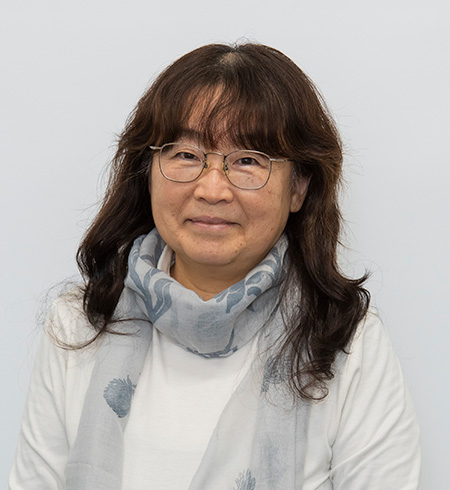
Waka Sato-Okoshi
(Professor)
Research interests:
▸ polychaete ecology
▸ biological oceanography
▸ marine environmental science
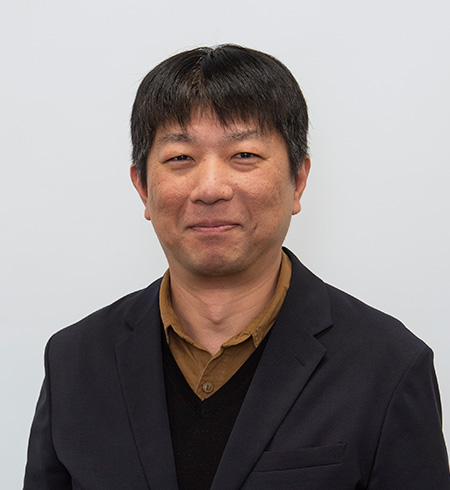
Goh Nishitani
(Associate Professor)
Research interests:
▸ molecular ecology of harmful and useful microalgae
▸ molecular ecology of bivalve larvae
Fish Genetics
Our laboratory investigates genetic questions of aquatic organisms, mainly:
- (Developmental genetics on flatfish metamorphosis) Genetic understanding of development and metamorphosis of Japanese flounder;
- (Genetic improvement of aquaculture fishes) The estimation of genetic parameters in quantitative traits in the guppy and its application for aquaculture fishes;
- (Genetic conservation of aquatic organisms) The estimation of genetic population structure for the construction of conservation method;
- (Efficient sequence analysis methods) Developing time- and/or space-efficient algorithms for analyzing biological sequences based on theoretical computer science.

Hayato YOKOI
(Professor)
Research interests:
▸ metamorphosis in fish
▸ transgenic fish and embryo manipulation
▸ applied developmental genetics and genomics for aquaculture
▸ evolutionary diversification of developmental program among fish and vertebrates
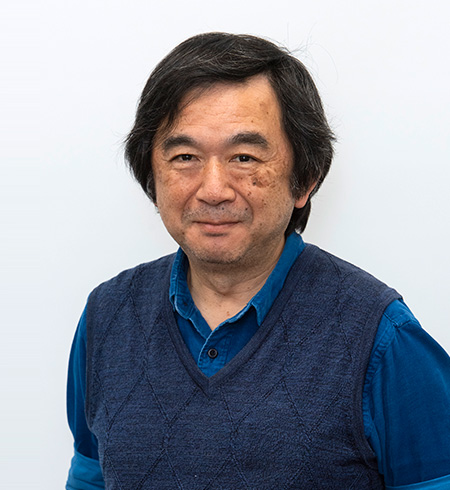
Masamichi NAKAJIMA
(Associate Professor)
Research interests:
▸ genetics and breeding science in aquaculture
▸ population genetics in aquatic organisms
▸ conservation genetics
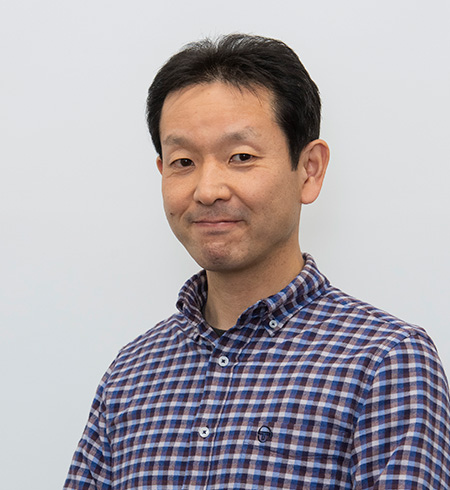
Yoshifumi SAKAI
(Associate Professor)
Research interests:
▸ theoretical computer science
▸ string algorithms
▸ bioinformtics
International Marine Science
The Applied Marine Biology (AMB) program brings together students and faculty members from a variety of academic backgrounds and geographic localities to foster a collective international mindset when it comes to matters of ocean education and conservation. Having personally conducted my graduate work outside of my home country of Canada, I recognize the unique challenges international students face when adjusting to a new country, and its language and culture. English language instruction provides a common platform for students to gain a solid background in the expanding field of Applied Marine Biology and an opportunity for students to discover the local culture and language along-side their international student peers. Tohoku University spans multiple campuses in Sendai City, with the Graduate School of Agriculture Sciences, Faculty of Agriculture featuring a state-of-the-art facility on the beautiful Aobayama campus.

Cheryl Lynn AMES
(Professor)
Research interests:
▸ jellyfish (medusozoan) systematics
▸ box jellyfish (medusozoan) venom
▸ vision and reproduction
▸ upside-down jellyfish evolutionary novelties
▸ environmental DNA (eDNA)
▸ genomics and metagenomics
▸ invertebrate biodiversity



 HOME > Research & Faculty
HOME > Research & Faculty












